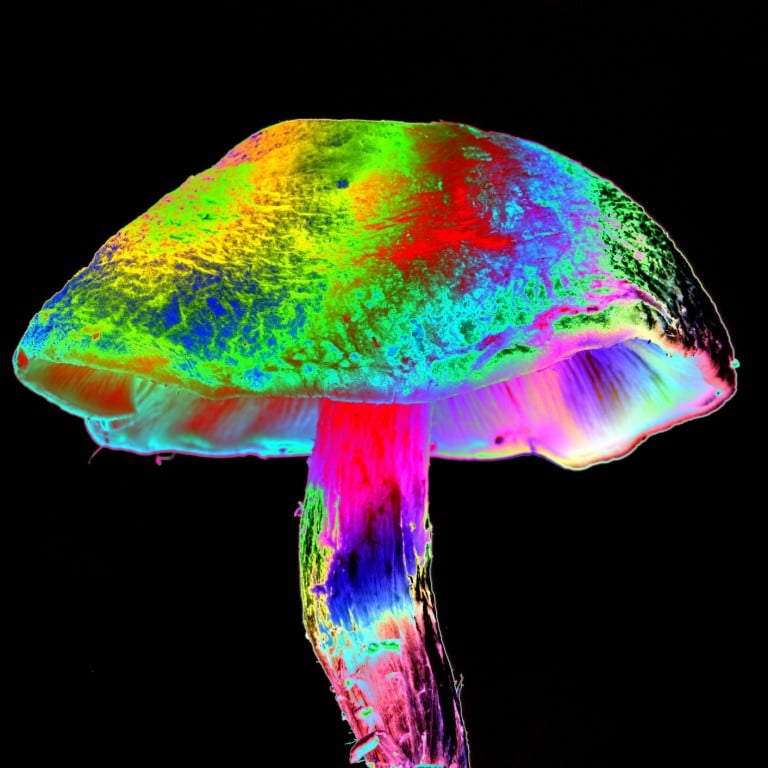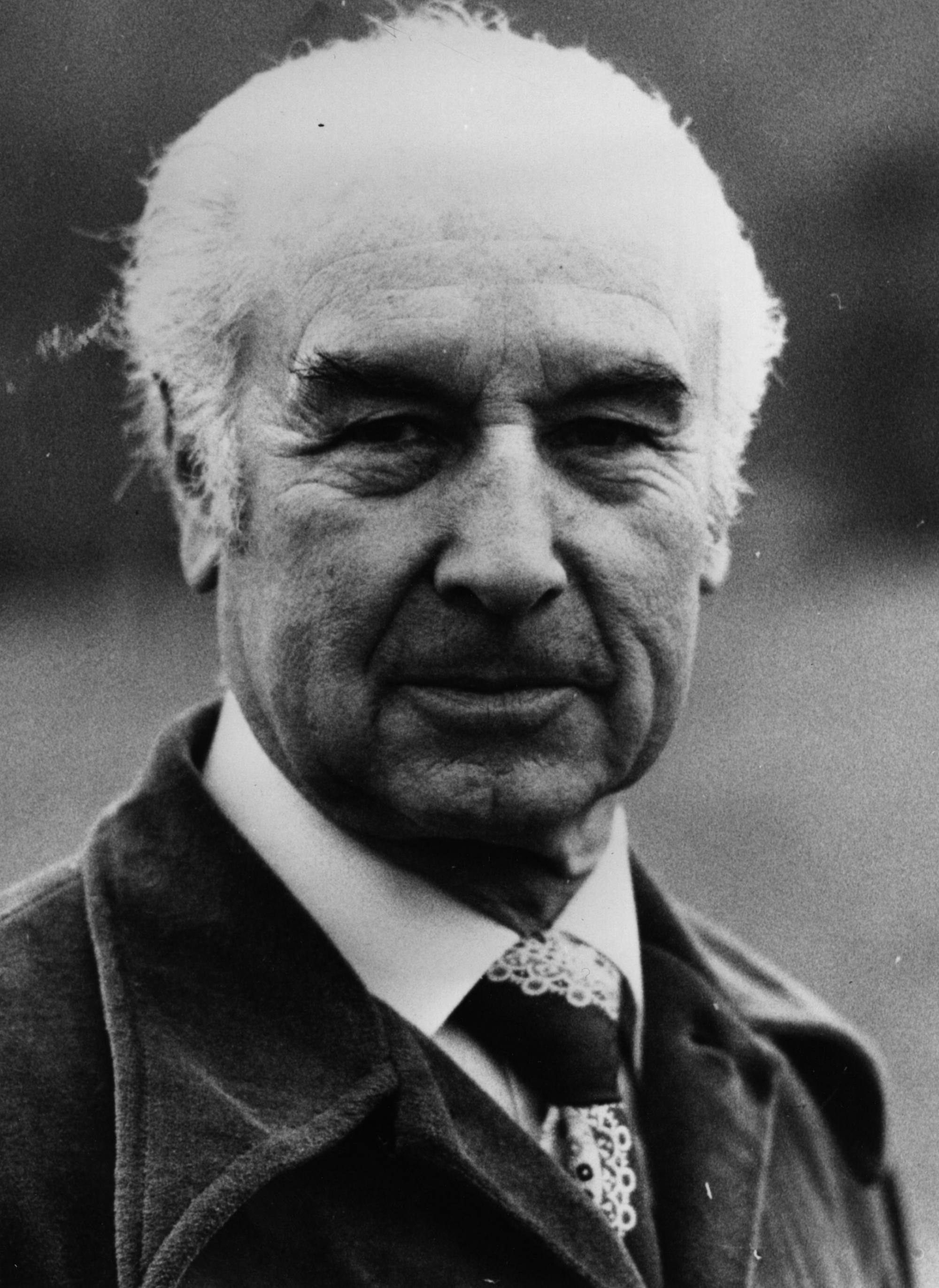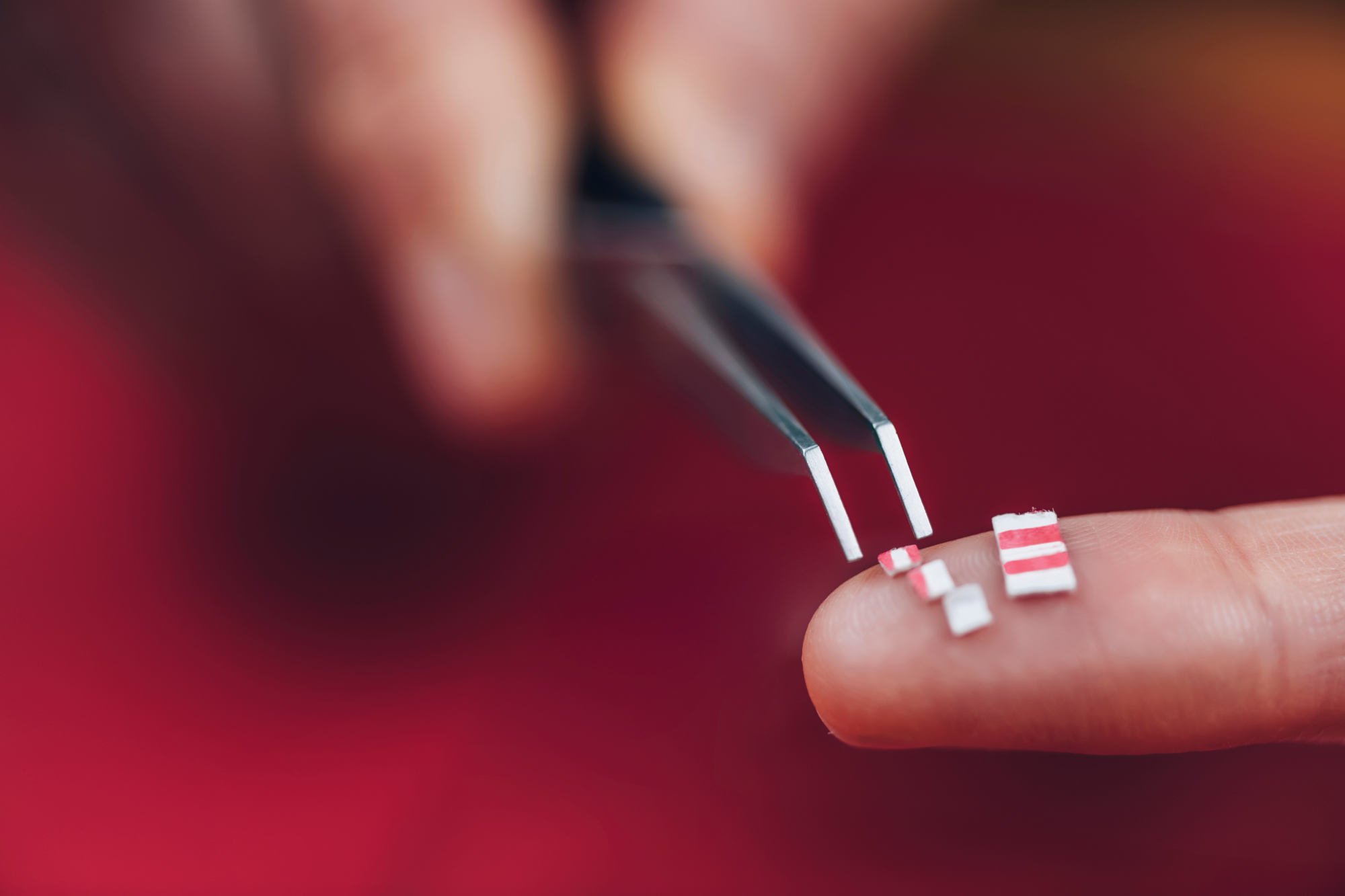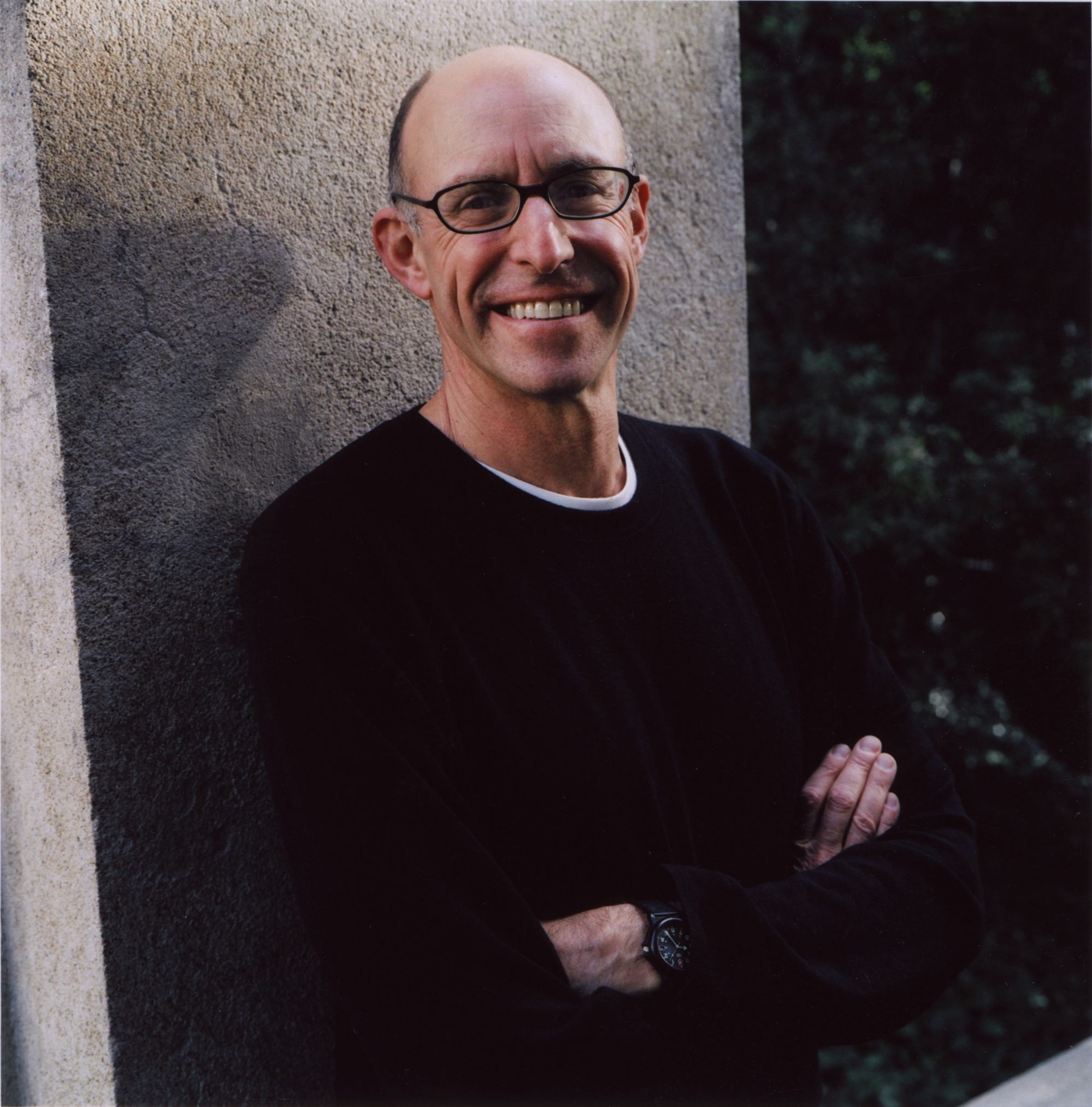
Explainer | Why psychedelics like psilocybin from magic mushrooms and LSD are seeing a surge in medical interest, in treatments for depression, addiction and more
- Illegal since the 1960s, psychedelics are under the microscope again as researchers examine if they can help treat a range of conditions
- One current trial is testing whether psilocybin-assisted psychotherapy can help front-line doctors and nurses who developed anxiety amid the Covid-19 pandemic
Medical treatments using psychedelic drugs such as psilocybin – derived from certain mushrooms – and LSD (lysergic acid diethylamide) faded out in the 1960s when such drugs were made illegal in the United States. The last decade, however, has seen a resurgence of research into their medical properties. Read on to learn the history of their development, what they do to the brain and why they are once more being studied.
Aren’t psychedelic drugs illegal?
Yes, they are illegal in most countries. LSD, for instance, was designated a Schedule 1 drug in 1968 in the US, which makes it illegal. The designation also states that the drug has no medical value, which meant research into its medical properties, and those of other psychedelic drugs, petered out by the early 1970s.
Research started to creep back during the early 2000s. Today’s researchers generally use psilocybin, the psychedelic element in “magic mushrooms”, which are grown in small quantities for research purposes.
In 2018, the US Food and Drug Administration designated some psychedelic treatments as “breakthrough therapy”, which means they have significant therapeutic potential.
The following year, Imperial College London in the United Kingdom opened the world’s first Centre for Psychedelic Research. At the time, Dr Robin Carhart-Harris, its head, said: “Psychedelic therapy holds a great deal of promise for treating some very serious mental health conditions and may one day offer new hope to vulnerable people with limited treatment options.”
The same year, private donors gave US$17 million to start the Center for Psychedelic and Consciousness Research at Johns Hopkins Medicine, part of Johns Hopkins University in Baltimore, Maryland, in the United States.
In 2021, the US National Institutes of Health gave Johns Hopkins a US$4 million grant for research into the use of psilocybin as an assisted therapy for tobacco addiction – the first US government grant for psychedelic research in 50 years.
Didn’t hippies invent psychedelics in the 1960s for listening to music?
Hippies didn’t invent psychedelic drugs, but their recreational use became so popular in the 1960s that governments banned them.
LSD was first synthesised by Swiss chemist Albert Hofmann in 1938 as part of a medical research programme. Hofmann did not discover its psychedelic properties until 1943, when he accidentally ingested some.

He wrote the story of LSD in the book, LSD: My Problem Child. Interviewed just before his 100th birthday in 2006, Hofmann called LSD “medicine for the soul” and was frustrated by the worldwide prohibition of it.
In a speech on his 100th birthday, Hofmann said: “[LSD] gave me an inner joy, an open-mindedness, a gratefulness, open eyes and an internal sensitivity for the miracles of creation.”
He died in April 2008, aged 102, having regularly digested microdoses of LSD after he’d first tried it.
LSD was used as a psychiatric medicine from 1947, and researchers also started to investigate the use of psilocybin, which has similar psychedelic properties.
What are today’s doctors hoping to treat with psychedelics?
A clinical trial is under way at the University of Washington School of Medicine to test whether psilocybin-assisted psychotherapy can help front-line doctors and nurses who developed depression and anxiety amid the Covid-19 pandemic.

Research has shown psilocybin to be at least as effective as common antidepressant drugs in such treatments, and its side effects may be less. Psilocybin may also be effective in combating tobacco addiction.
Palliative care is another research area for psilocybin; it has been administered to terminal cancer patients who said that the psychedelic experience helped them face the prospect of death.
Few tests have been run using LSD, although one test showed that microdoses – which don’t induce psychedelic experiences – may relieve pain.
Isn’t this stuff addictive? Is it safe to take it?
Scientists say that psychedelic drugs like LSD and psilocybin are not physically addictive. But due to the nature of the psychedelic experience, accidents can occur, which is why treatments take place in regulated and secure medical environments.
Recreational users of psychedelics sometimes find the experience so pleasant they want to repeat it, but there is no research into how this relates to those taking it in a medical setting.
Therapy and pills failed you? Try psychedelic plant medicine
The physical environment is also important for a successful experience.
“[While taking psilocybin] you are very vulnerable to outside stimuli which can change your brain,” said Bruna Giribaldi, lead clinical trial manager and pharmacologist at Imperial College London’s Centre for Psychedelic Research. “It could be a very good direction of change, but if you are in a bad context, you could be traumatised. That is why context is important. We have safe environments and trained people to make sure that it is safe.”
Do psychedelics give you a spiritual experience?
They might, but that’s not something that scientists can tell you, as scientific methods cannot validate spiritual or mystical experiences. However, feelings of euphoria and oneness with the universe do occur during the treatments and are central to psilocybin’s use in palliative care.
Drug-induced spiritual experiences may be an illusion, but medical practitioners say that a lack of veracity does not invalidate the treatment.
“Most people in the medical profession say that knowledge of the veracity of the patient’s psychedelic experiences is beyond their pay grade – no one knows if they are real or illusory,” said Michael Pollan, author of How to Change Your Mind, a book about psychedelics. “But they don’t care if the experience is real or not, as long as it helps the patients.”

What does treatment with psychedelics involve?
Psilocybin is administered in measured doses, while carefully selected music is sometimes played through headphones to enhance the experience.
Patients lie blindfolded on a sofa and monitors are present to offer guidance throughout. Patients are briefed about what to expect before the experience, and debriefed after it.
The treatment takes place within the wider context of psychiatric therapy, and is not a stand-alone treatment.
So what’s going on in my head when I take the treatment?
Psilocybin affects the way serotonin, a neurotransmitter, sends messages around the brain. Essentially, the chemistry of psilocybin temporarily rewires the patient’s brain, allowing connections to be made that don’t usually exist. For instance, the part that is responsible for colour vision may connect to the part that is responsible for hearing sound, so the patient “hears” colours.
How magic mushrooms rewire brains, easing depression and PTSD
How does that cure me?
Psychedelic drugs can change your view of the world, researchers say, and that can give addicts the desire to break their addiction, and terminal patients the strength to face death.
According to Pollan, being an alcoholic or a depressive is, among many other things, about perspective. You are looking at the world from a destructive perspective, and the drugs foster a shift in that perspective. You see your life and its problems differently. Seeing things from a different point of view can be constructive, he said.
Giribaldi said that the theory behind psychedelics is that they relax the strong beliefs people have about the world. “By relaxing your beliefs, you are able to see things in a different way. This is useful in mental illness, because the one thing that unites mental illnesses like depression and addiction is a strong and rigid way of thinking, or a strong set of ideas about what is happening in the world.”
